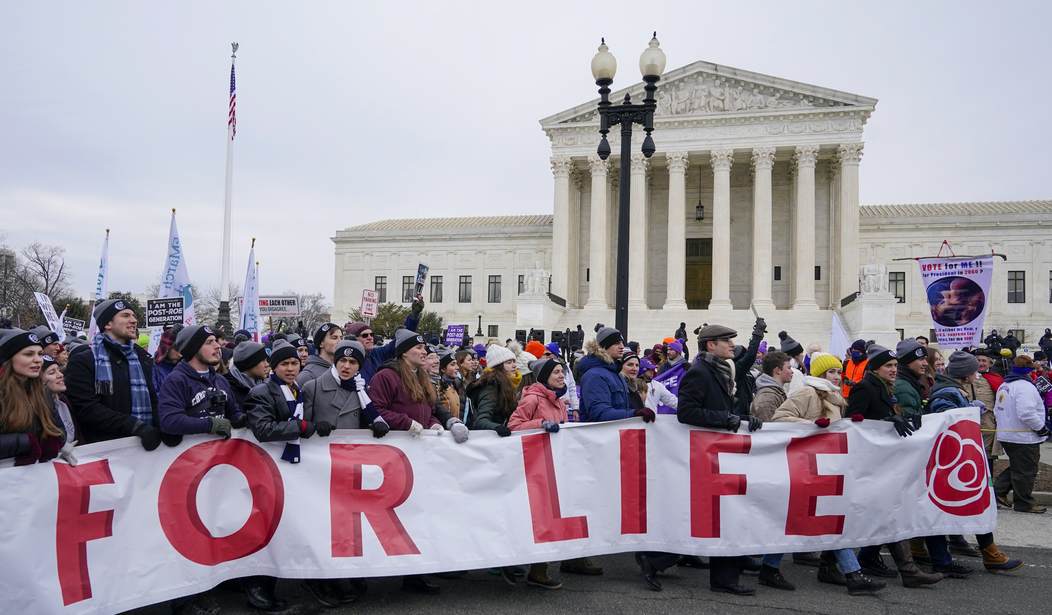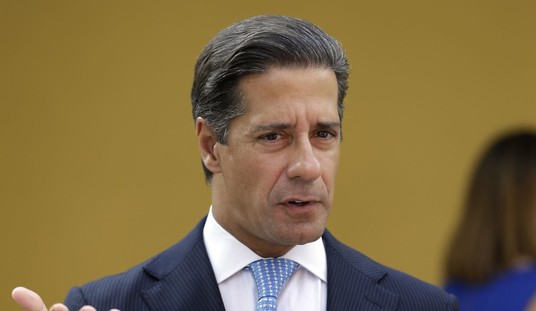Indiana became the first state to vote to restrict access to abortion since the Supreme Court handed down its decision in the Dobbs v Jackson Women’s Health case. Several other states have already banned or restricted abortion with trigger law bans but the Indiana legislature is the first to pass new rulings since the overturn of Roe v Wade. It now goes to Governor Eric Holcomb. He has not indicated whether or not he will sign the bill into law.
Indiana’s abortion ban includes exceptions for rape, and incest, and protects the life and physical health of the mother. The exceptions are limited to 10 weeks post-fertilization for rape and incest. Victims cannot get an abortion after that. Victims are not required to sign a notarized affidavit confirming an attack.
Indiana, among the earliest Republican-run state legislatures to debate stricter abortion laws after the Supreme Court ruling, is the first state to pass a ban through both chambers. One Republican woman who sponsored the bill boasted that legislation ‘makes Indiana one of the most pro-life states in the nation.’ There were some demonstrators protesting the legislation.
Republican Rep. Wendy McNamara of Evansville, who sponsored the bill, told reporters after the House vote that the legislation ‘makes Indiana one of the most pro-life states in the nation.’
Outside the House chamber, abortion-rights activists often chanted over lawmakers’ remarks, carrying signs like ‘Roe roe roe your vote’ and ‘Build this wall’ between church and state.
Some House Democrats wore blazers over pink ‘Bans Off Our Bodies’ T-shirts.
The House added exceptions for protecting the health and life of the mother after repeated requests from doctors and others.
It also allows abortions if a fetus is diagnosed with a lethal anomaly.
Indiana lawmakers listened to hours of testimony over the past two weeks in which residents on all sides of the issue rarely, if ever, supported the legislation.
There weren’t a lot of demonstrators but the ones who protested were loud. Security was ready.
LOUD Demonstrators chant “Pro-life is a lie. You don’t care if people die” as Indiana House debates abortion ban pic.twitter.com/3R8O8JGNGc
— Vic Ryckaert (@VicRyc) August 5, 2022
A look at the demonstrators pic.twitter.com/iccRS5yg6Q
— Vic Ryckaert (@VicRyc) August 5, 2022
Democrats tried to pass a proposal to place a non-binding question on the statewide November election ballot. “Shall abortion remain legal in Indiana?” They hoped to go the way Kansas did. Kansas, a red state like Indiana, put abortion on the ballot and voters voted to keep abortion legal in the state.
The proposal came after Kansas voters resoundingly rejected a measure that would have allowed the state’s Republican-controlled Legislature to tighten abortion in the first test of voters´ feelings about the issue since Roe was overturned.
Indiana House Speaker Todd Huston told reporters that if residents are unhappy, they can vote for new lawmakers.
‘Ultimately it’s up to the Senate,’ he said.
‘Voters have an opportunity to vote, and if they’re displeased, they’ll have an opportunity both in November and in future years.’
This is how it is supposed to work with states in charge of making their own laws about abortion. The only way for a blanket law making abortion legal in all 50 states in a uniform way is for Congress to codify Roe v Wade. With the make-up of the Senate today and the extreme legislation Democrats try to push, there is no way it would pass the Senate. I think more states will try to put abortion on the ballot, though, as Kansas did.








Join the conversation as a VIP Member